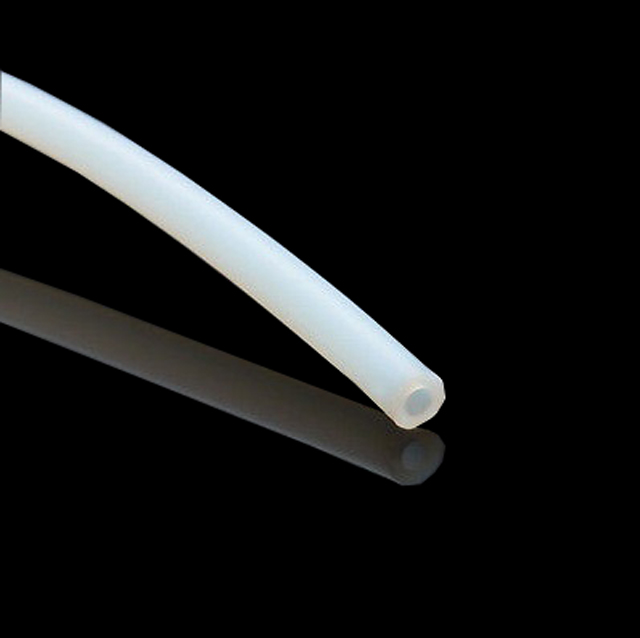
PFA is translucent, while PTFE is pure white and opaque. Temperature resistance: PFA -200°C to +260°C, PTFE -200°C to +250°C.
PFA is a granular raw material, whereas PTFE is a powder. Polytetrafluoroethylene (PTFE): Polytetrafluoroethylene (Poly tetra fluoroethylene, abbreviated as PTFE), also known as “nonstick coating” or “easy-to-clean material.” This material is resistant to acids and alkalis, as well as various organic solvents, and is nearly insoluble in all solvents. At the same time, polytetrafluoroethylene has high temperature resistance and an extremely low friction coefficient, making it suitable for lubrication. It has also become an ideal coating for easy cleaning of the inner layer of water pipes.
PFA plastic is a copolymer of perfluoropropyl perfluorovinyl ether and polytetrafluoroethylene. When compared to PTFE, melt adhesion is improved, melt viscosity is reduced, and performance remains unchanged. This resin can be directly processed into products using standard thermoplastic molding techniques. Suitable for corrosion-resistant parts, anti-wear parts, seals, insulating parts, and medical device parts, high-temperature wire and cable insulation, anti-corrosion equipment, sealing materials, pump valve bushings, and chemical containers. It is a copolymer of perfluoropropyl perfluorovinyl ether and polytetrafluoroethylene. When compared to PTFE, melt adhesion is improved, melt viscosity is reduced, and performance remains unchanged. This resin can be directly processed into products using standard thermoplastic molding techniques.
Temperature range of -196–260 degrees Fahrenheit for long-term use
Long-term use temperature of -196–260 degrees, excellent chemical resistance, corrosion resistance to all chemicals, the lowest friction coefficient among plastics, and good electrical properties; its electrical insulation is unaffected by temperature. The “Plastic King” is its nickname. It has chemical resistance comparable to PTFE but superior to vinylidene fluoride. It has higher creep resistance and compressive strength than PTFE, as well as a high tensile strength and elongation of 100-300 percent. Excellent radiation resistance and good dielectric properties. The flame retardancy has been increased to V0. It can be used to make corrosion-resistant parts, anti-friction wear parts, sealing parts, insulating parts, and medical equipment components. Insulation for high-temperature wires and cables, anti-corrosion equipment, sealing materials, pump valve bushings, and chemical containers
